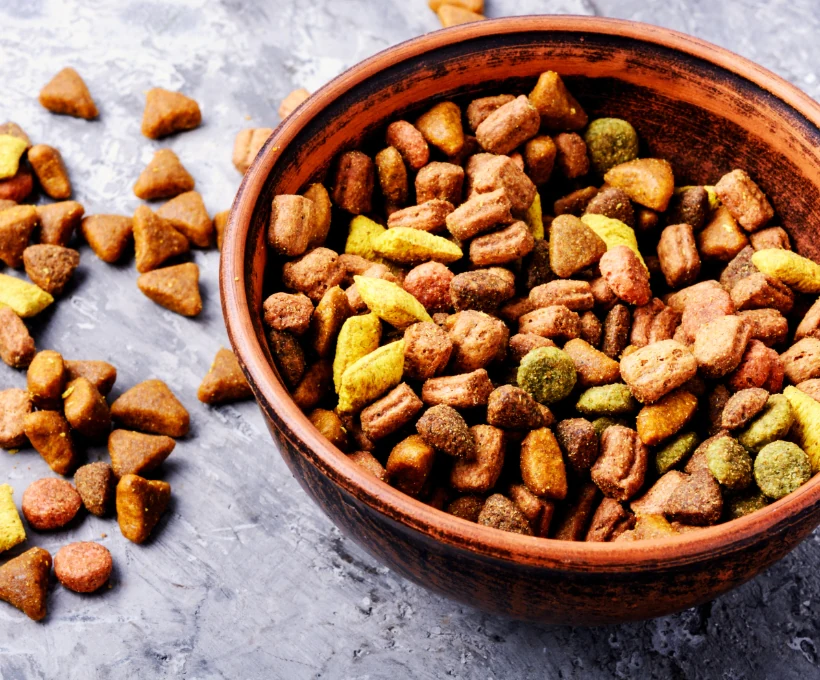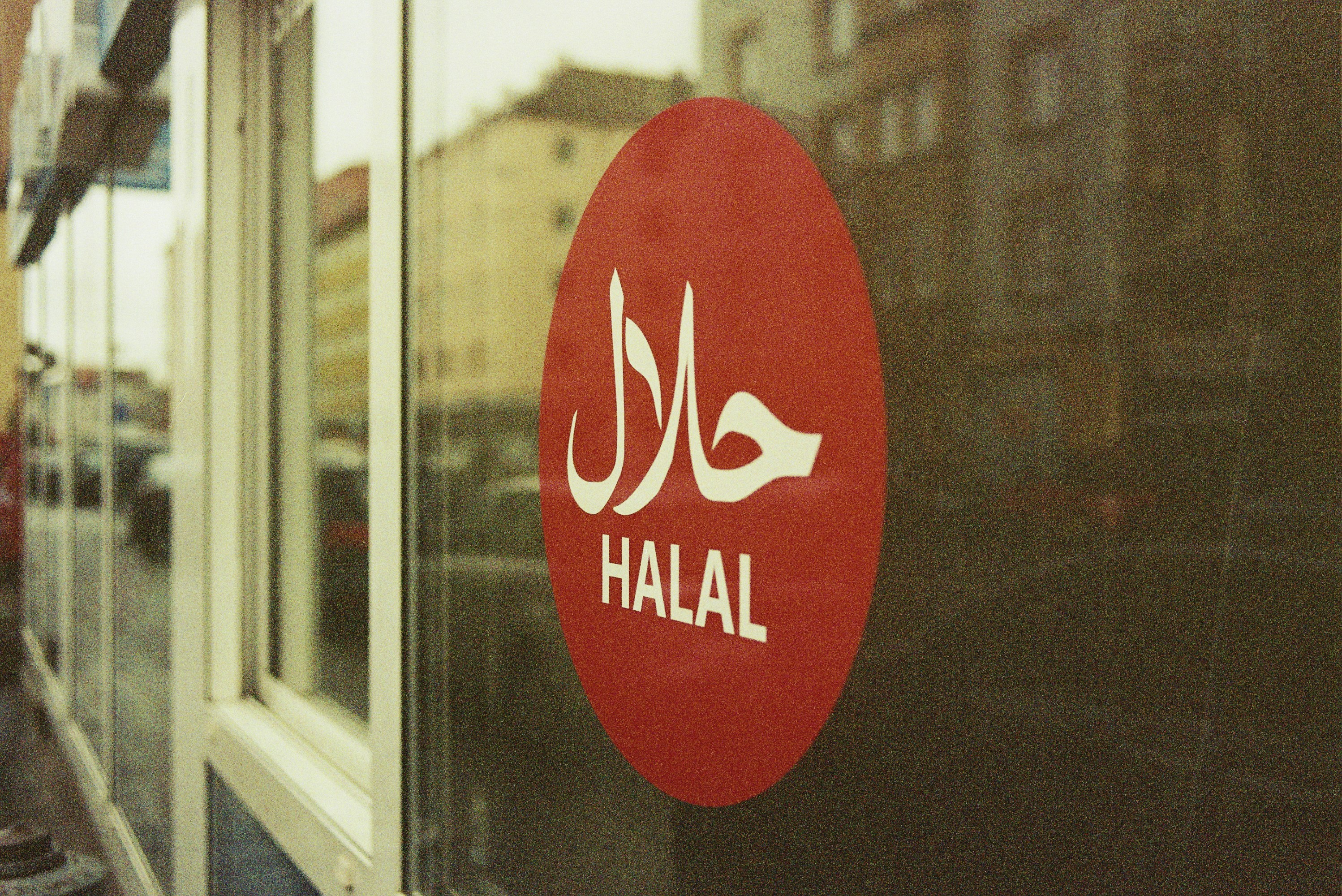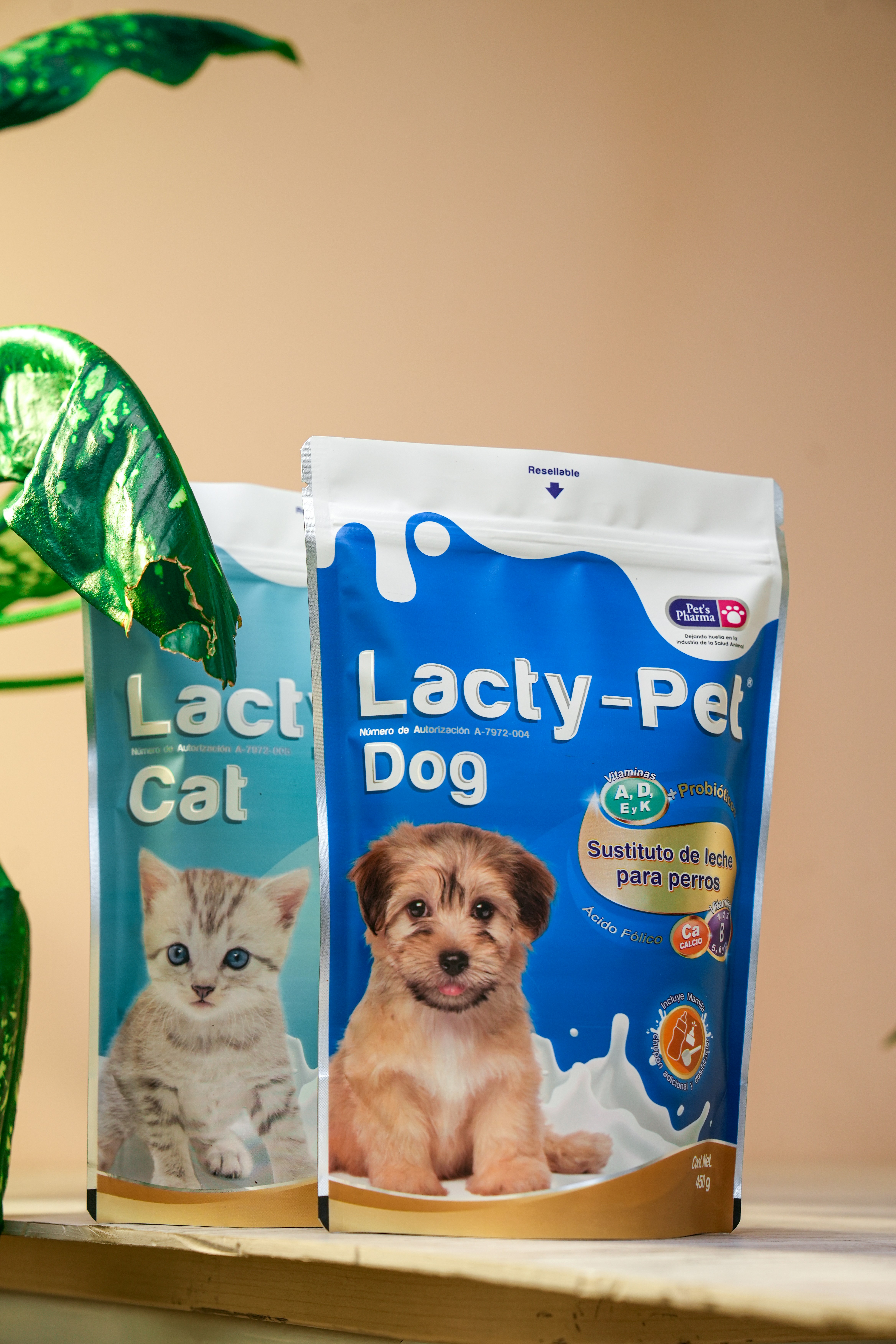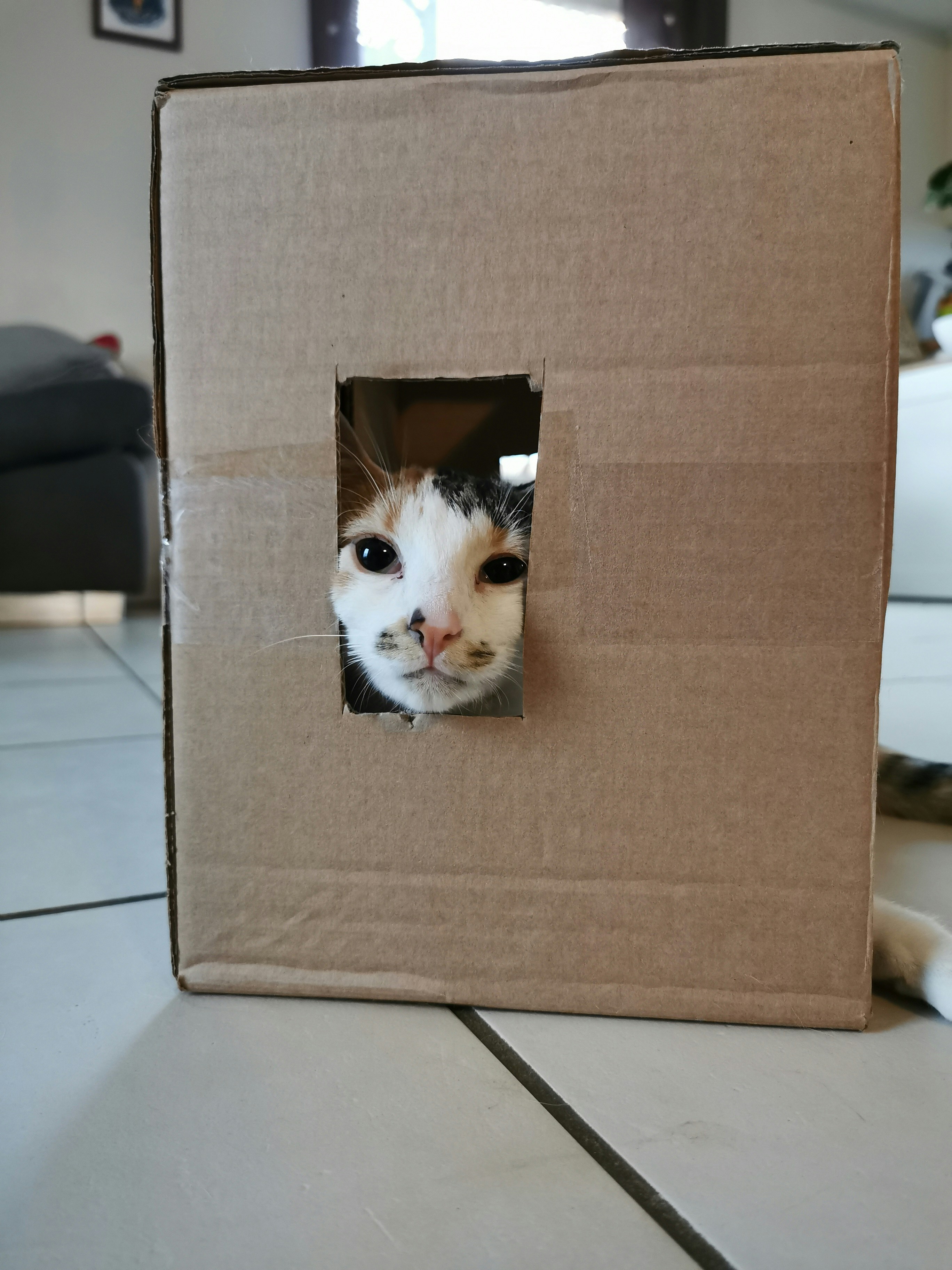
Introduction to the Halal OEM Market in Indonesia
The halal OEM (Original Equipment Manufacturer) market in Indonesia has garnered significant attention in recent years, establishing itself as a pivotal component of the global halal supply chain. As the largest Muslim-majority nation, Indonesia plays a critical role in the production and distribution of halal products, catering not only to local consumers but also to international markets that are increasingly seeking certified halal offerings. This trend reflects a growing global awareness of halal standards, which encompass not just food but also various consumer goods.
Indonesia’s position as a leading player in the halal industry is underscored by its rich agricultural resources and the government’s proactive support of halal certification processes. These regulations ensure that products meet stringent halal requirements, thus giving Indonesian manufacturers a competitive edge in both domestic and global markets. The appeal of halal products transcends religious considerations, attracting a broad demographic that includes health-conscious consumers seeking ethically produced items.
In recent times, there has been a noticeable surge in demand for halal products, driven by a diverse consumer base that values quality, sustainability, and ethical sourcing. Among the various halal product categories, plant protein cat litter has emerged as a particularly lucrative niche. This innovative product aligns with global trends toward eco-friendly and sustainable pet care solutions, leveraging Indonesia’s abundant natural resources. The utilization of plant-based materials not only caters to the growing awareness of environmental issues but also meets the stringent halal requirements, creating a compelling market opportunity.
The unique attributes of Indonesian manufacturers, including their commitment to quality and adherence to halal standards, position them well within this expanding market. As consumer preferences continue to evolve and the demand for halal products continues to rise, the halal OEM sector in Indonesia stands poised for sustained growth and innovation.
Exploring the Boom: Factors Behind the 202% Increase in Orders
The recent 202% surge in orders for plant protein cat litter in Indonesia can be attributed to several key factors that reflect shifting consumer attitudes and industry advancements. One of the foremost drivers is the growing preference for sustainable and eco-friendly products among consumers. As awareness of environmental issues escalates, pet owners increasingly seek out litter options that are biodegradable and less harmful to the planet. This shift towards green products aligns with a larger trend where consumers are more mindful of their purchasing decisions, considering not only the utility but also the ecological impact of the items they buy.
Additionally, the rise in pet ownership across Indonesia has significantly contributed to this trend. As more households welcome pets into their lives, the demand for pet care products, including cat litter, has correspondingly increased. This demographic shift is particularly notable among younger generations who prioritize their pets’ welfare and are willing to invest in high-quality, sustainable pet care supplies. The awareness surrounding pet welfare has thus led to an uptick in the purchasing of plant protein cat litter, as many consumers view it as a more humane and healthier option for their feline companions.
Furthermore, Indonesian suppliers have adopted strategic marketing and branding initiatives that effectively reach this burgeoning consumer base. Innovative advertising campaigns that highlight the benefits of plant-based litter have resonated well with eco-conscious buyers. Alongside this, supply chain innovations, such as efficient distribution networks and partnerships with retailers, have made it more accessible for consumers to purchase these products. By aligning product availability with consumer demand, suppliers have played a pivotal role in facilitating this impressive growth. These combined efforts underscore a dynamic market that is rapidly evolving, driven by the convergence of consumer preferences and strategic business practices.
Understanding the Supply Chain Secrets of Plant Protein Cat Litter
The surge in plant protein cat litter orders, particularly in Indonesia, is underpinned by a complex supply chain that integrates various industry segments. This supply chain begins at the sourcing of raw materials, predominantly derived from sustainable agricultural industries such as corn, wheat, and cassava. These materials are chosen not only for their eco-friendliness but also for their superior absorption and clumping properties, which meet both consumer preferences and performance standards.
Logistics play a crucial role in ensuring these raw materials are efficiently transported from farms to processing facilities. A well-organized logistics system minimizes delays and ensures cost-effectiveness, which is vital for maintaining competitive pricing in the market. Once at the production facilities, advanced manufacturing processes are employed that optimize resource use while adhering to eco-sustainability practices. Utilizing innovative technologies, companies can enhance production efficiency, thus supporting high order volumes without compromising product quality.
Quality control is a significant aspect of this supply chain, especially with the increasing demand for halal-certified products. Compliance with halal regulations not only assures consumers of the food-grade safety of the litter but also expands the market reach to regions where such certifications are crucial. Rigorous testing and quality assurance protocols are implemented throughout the production process to ensure that each batch of cat litter meets both local and international standards.
Distribution channels are equally important, as they connect manufacturers with consumers. The rise of e-commerce has transformed traditional distribution methods, enabling brands to reach a wider audience more efficiently. Strategic partnerships with online retail platforms and local distributors facilitate seamless delivery operations, further boosting consumer accessibility. Ultimately, understanding these supply chain dynamics is essential for grasping the factors behind the remarkable increase in plant protein cat litter orders.
Future Outlook: Sustainability and Market Trends in Pet Care Products
The pet care industry is increasingly becoming intertwined with sustainability, prompting significant shifts in consumer preferences. As the demand for environmentally-friendly products rises, pet owners are more inclined to choose litter options that are biodegradable and non-toxic. This trend has illuminated the path for Indonesian manufacturers of halal OEM plant protein cat litter to capitalize on the growing awareness surrounding sustainability in pet care. The incorporation of plant-based materials, which are both eco-friendly and effective, positions these products favorably in the market.
Emerging consumer trends are steering the pet care sector towards an enhanced focus on sustainable practices. By sourcing renewable raw materials and adopting eco-conscious production methods, Indonesian manufacturers can meet the expectations of a conscientious consumer base. The increasing inclination towards organic and natural products offers an excellent opportunity for companies to refine their offerings. These shifts not only help in reducing waste but also cater to the ethical considerations that are becoming paramount for many pet owners.
The halal certification further provides Indonesian manufacturers a distinctive edge, as it aligns with the ethical and religious preferences of a significant consumer segment, both locally and internationally. As the global market continues to shift towards inclusivity and holistic well-being for pets, the unique qualities of halal OEM plant protein cat litter can resonate with diverse audiences seeking trustworthy and responsible choices.
Furthermore, the competitive landscape is evolving with an influx of new entrants, including startups focusing on innovative solutions. This encourages established players to adapt and invest in research and development to stay relevant. By fostering collaboration with other sectors such as agriculture and technology, the potential for innovation within the pet care industry can lead to breakthroughs that meet the dual demands of performance and sustainability.




